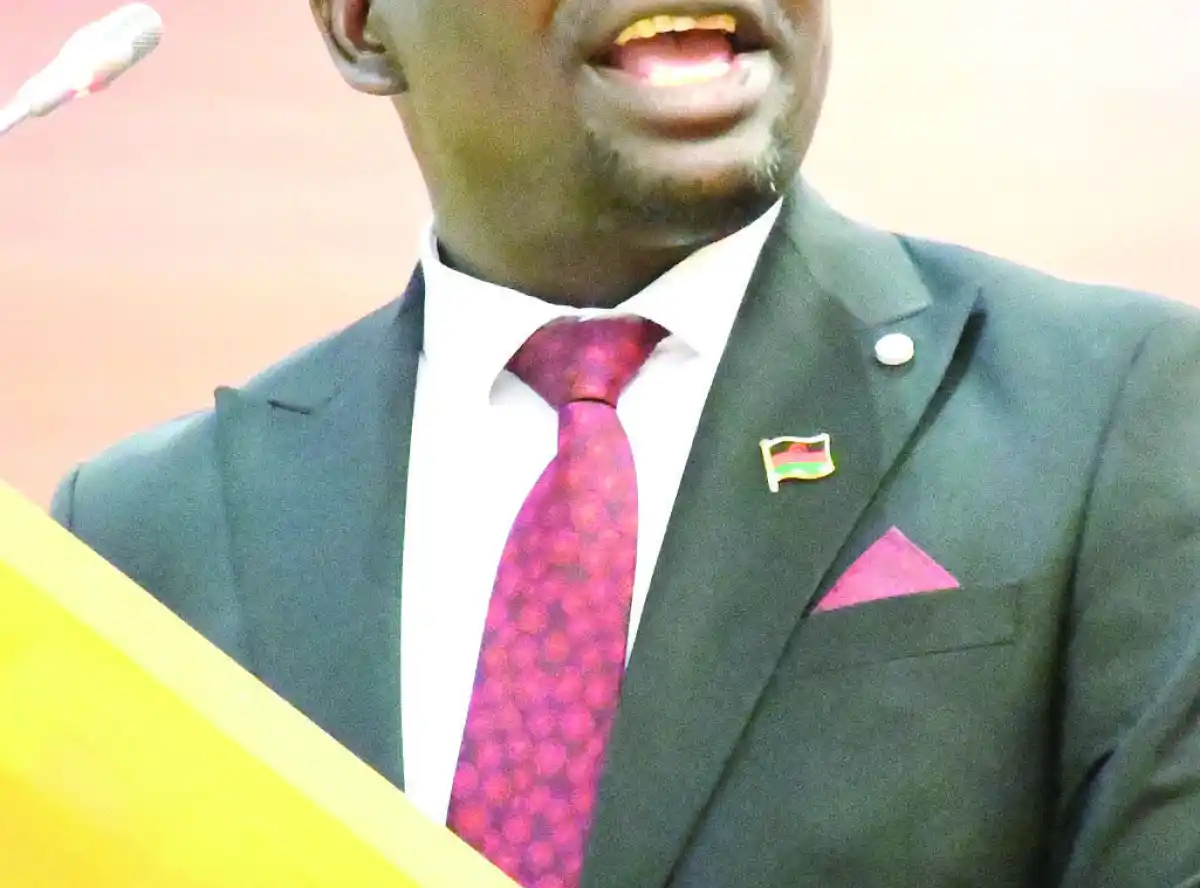
By Benadetta Chiwanda Mia:
The Malawi Confederation of Chambers of Commerce and Industry (MCCCI) has commented on the 2025-26 proposed national budget, expressing concern over what it calls the government’s spending priorities and lack of sufficient private sector support.
Finance Minister Simplex Chithyola Banda recently presented to Parliament the 2025-26 budget statement themed ‘Consolidating Gains, Strengthening Resilience, and Inclusivity for Accelerated Socio-Economic Transformation’.
Estimated at K8.05 trillion, the 2025-26 proposed national budget has seen statutory obligations such as interest repayment, salaries and wages and pensions and gratuities eating up a whooping K3.87 trillion or 48 percent of the total financial plan.
Of the total budget, recurrent expenses are estimated at K6.04 trillion while development expenditure is estimated at K2.01 trillion, of which K1.44 trillion is for externally financed projects and K578.60 billion is for domestically financed projects.
The budget has a shortfall of K2.47 trillion, to be financed through K2.32 trillion domestic borrowing and K145.78 billion foreign borrowing.
In its analysis and response to the proposed budget, MCCCI argues that the implementation plan falls short of driving sustainable economic growth, thereby raising fiscal sustainability concerns.
While acknowledging the budget’s intent to stabilise the economy, the chamber said it was concerned with rising public debt which, it says, is emanating from a surge in budget deficit.
“The heavy reliance on domestic borrowing poses risks such as crowding out private sector credit, increasing interest rates and limiting investment opportunities,” MCCCI says.
With public debt reaching K16.19 trillion (86.4 percent of gross domestic product) by September 2024, MCCCI has called for urgent measures to curb excessive borrowing.
Additionally, the chamber has faulted the allocation of 75 percent of total expenditure to recurrent costs, leaving only 25 percent for development, saying this limits investments in infrastructure and industrialisation, which it describes as critical for long-term economic stability.
On revenue collection, the government projects an increase in domestic revenue collection to K4.35 trillion for 2025-26, up from K3.11 trillion.
“This is particularly troubling given the economy’s underperformance. MCCCI emphasises the need for comprehensive tax mobilisation to integrate the informal sector, which would enhance government revenue and promote fairness by alleviating the tax burden on the formal sector”.
MCCCI points out that despite a significant budget increase for agriculture, much of the allocation goes to maize purchases, pegged at K60 billion, and the Affordable Inputs Programme, pegged at K131.6 billion, rather than stimulating production.
On tourism, MCCCI has welcomed the 189 percent increase in the tourism budget.
However, it stresses the need for improved infrastructure and marketing strategies to fully capitalise on the sector’s potential.
The chamber has also highlighted the inadequate support for industrial growth, saying that while K14 billion has been allocated to trade and industrialisation, the allocation is insufficient to drive the country’s transition to a manufacturing-based economy.
It has since proposed tax incentives to promote local production and reduce reliance on imports.
On mining, MCCCI has emphasised the need for transparency and accountability in managing mining resources to ensure national benefits, as government sets to operationalise the Malawi Mining Company.
MCCCI has since urged government to adopt realistic budget assumptions in the national budget, noting that GDP growth has often been overestimated and inflation underestimated, resulting in significant discrepancies in economic performance
“These inaccuracies can impact revenue planning, as revenue relies on economic growth projections. There is [a] need for urgent action to address the [issue of] rising public debt, which is taking a substantial amount of the cake through interest payments band ensure its long-term sustainability,” it adds.








0 Comments